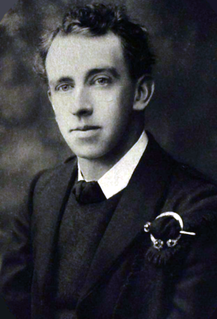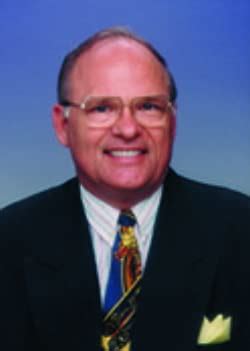A Quote by Nathaniel Hawthorne
A man--poet, prophet, or whatever be may be--readily persuades himself of his right to all the worship that is voluntarily tendered.
Related Quotes
In whatever area in life one may meet the challenges of courage, whatever may be the sacrifices he faces if he follows his conscience - the loss of his friends, his fortune, his contentment, even the esteem of his fellow men - each man must decide for himself the course he will follow. The stories of past courage can define that ingredient - they can teach, they can offer hope, they can provide inspiration. But they cannot supply courage itself. For this each man must look into his own soul.
It appears to Nietzsche that the modern age has produced for imitation three types of man ... First, Rousseau's man, the Titan who raises himself ... and in his need calls upon holy nature. Then Goethe's man ... a spectator of the world ... Third Schopenhauer's man ... voluntarily takes upon himself the pain of telling the truth.
We do not worship the Prophet. We worship God our Eternal Father and the risen Lord Jesus Christ. But we acknowledge the Prophet; we proclaim him; we respect him; we reverence him as an instrument in the hands of the Almighty in restoring to the earth the ancient truths of the divine gospel, together with the priesthood through which the authority of God is exercised in the affairs of His Church and for the blessing of His people.
Whatever man may stand, whatever he may do, to whatever he may apply his hand - in agriculture, in commerce, and in industry, or his mind, in the world of art, and science - he is, in whatsoever it may be, constantly standing before the face of God. He is employed in the service of his God. He has strictly to obey his God. And above all, he has to aim at the glory of his God.
It is a proverbial expression that every man is the maker of his own fortune, and we usually regard it as implying that every man by his folly or wisdom prepares good or evil for himself. But we may view it in another light, namely, that we may so accommodate ourselves to the dispositions of Providence as to be happy in our lot, whatever may be its privations.
There is no deception on the part of the woman, where a man bewilders himself: if he deludes his own wits, I can certainly acquit the women. Whatever man allows his mind to dwell upon the imprint his imagination has foolishly taken of women, is fanning the flames within himself -- and, since the woman knows nothing about it, she is not to blame. For if a man incites himself to drown, and will not restrain himself, it is not the water's fault.
But, in conformity to His wisdom it was right that afterwards the Prophet should be sent back from the vision of pure Unity and that he should return . . . toward the separative vision. For, He created man and jinn only that they should worship Him and know Him - and, if they remained at the degree of pure Unity, there would be none to worship Him. In this separative vision, the Worshipped and the worshipper, the Lord and the servant, the Creator and the creature are again perceived.






































